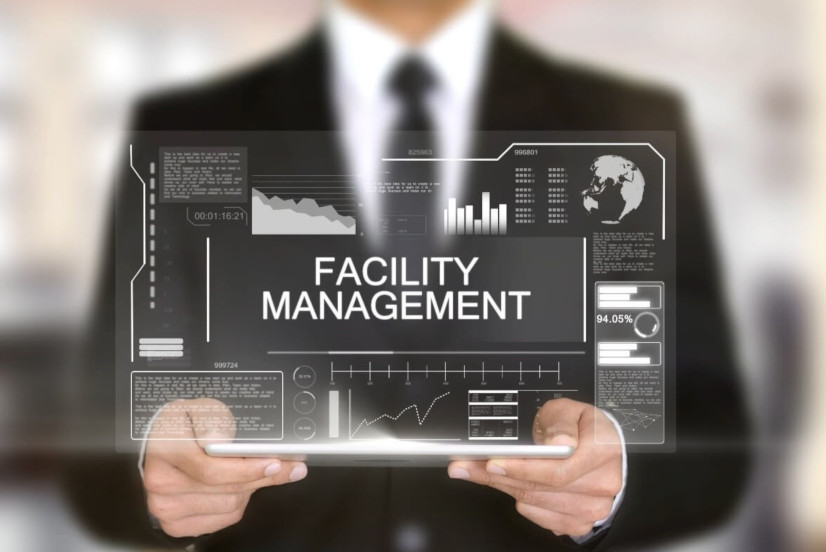Facility Management (FM) is a multidisciplinary field that involves the effective management of physical spaces, infrastructure, and services within an organization. The primary goal of facility management is to create and maintain a conducive and efficient working environment that supports the core activities of the organization while ensuring the well-being of its occupants.
Facility Management
FACILITY MANAGEMENT

Key Components of Facility Management:
- Space Management:
- Space Planning: Optimizing the use of available space to meet organizational needs and accommodate growth.
- Workplace Design: Creating functional and ergonomic workspaces that enhance productivity and employee well-being.
- Maintenance and Operations:
- Preventive Maintenance: Scheduling and conducting regular maintenance activities to prevent equipment breakdowns and ensure optimal functionality.
- Emergency Response: Implementing protocols for addressing unexpected events, such as power outages, natural disasters, or security incidents.
- Health and Safety:
- Occupational Health and Safety Compliance: Ensuring that the facility meets health and safety regulations and standards.
- Emergency Preparedness: Developing plans and training personnel for emergency situations, including evacuation procedures.
- Environmental Sustainability:
- Energy Efficiency: Implementing measures to reduce energy consumption, such as using energy-efficient systems and practices.
- Waste Management: Developing strategies for responsible waste disposal and recycling to minimize environmental impact.
- Technology Integration:
- Facility Management Software: Utilizing technology platforms for asset tracking, maintenance scheduling, and space utilization analysis.
- Smart Building Systems: Implementing IoT (Internet of Things) devices and sensors for real-time monitoring and control of building systems.
- Security and Access Control:
- Physical Security: Implementing measures to protect the facility, including surveillance systems, access control, and security personnel.
- Data Security: Safeguarding sensitive information and ensuring compliance with data protection regulations.
- Cost Management:
- Budgeting and Financial Planning: Developing and managing budgets for facility-related expenses, including maintenance, utilities, and renovations.
- Vendor Management: Negotiating contracts with service providers and overseeing their performance.
- Tenant and Stakeholder Relations:
- Communication: Maintaining open and effective communication with tenants, employees, and other stakeholders.
- Customer Service: Providing responsive and efficient services to address the needs and concerns of facility users.

